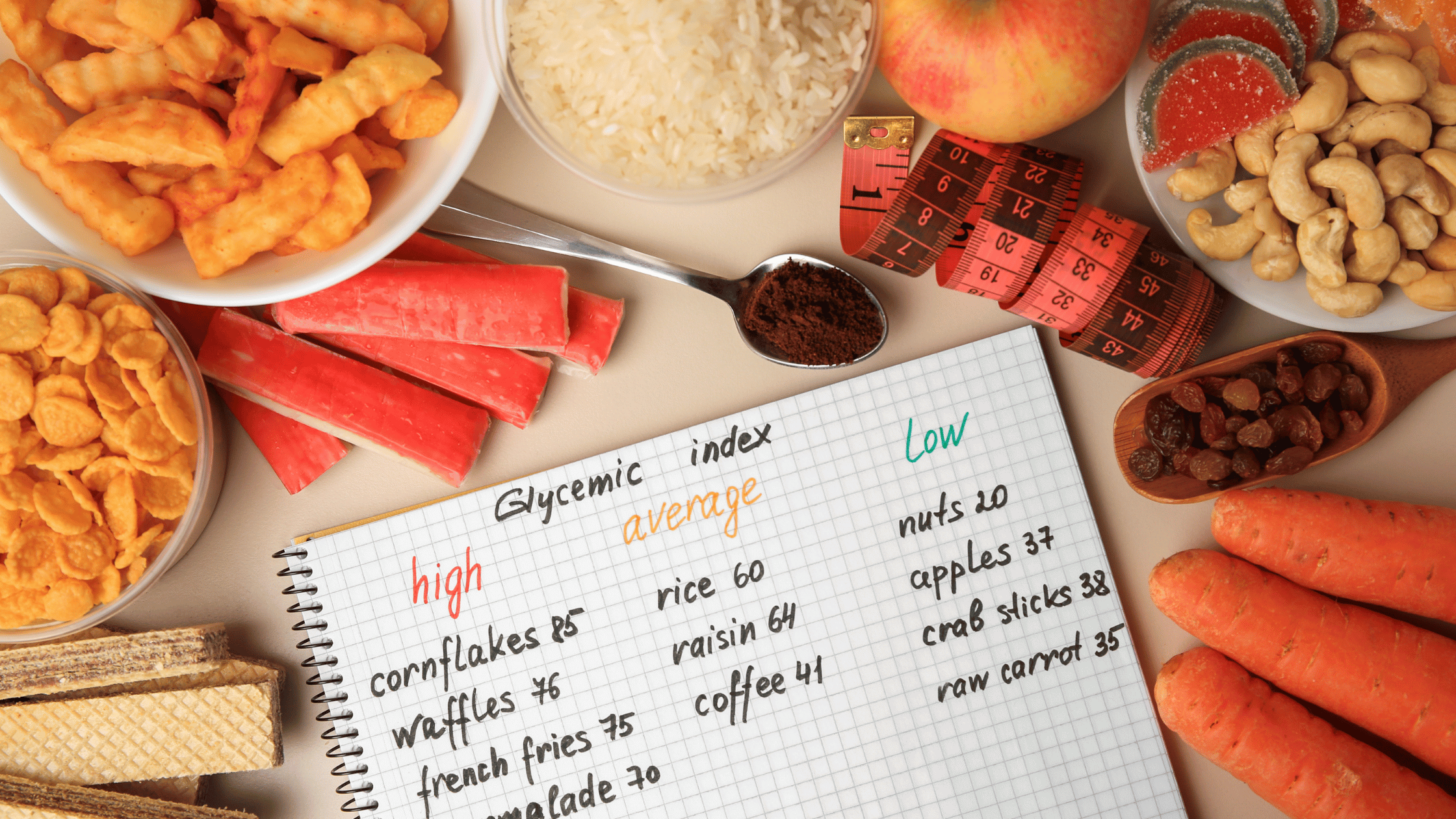Women’s Health- PCOS & Diabetes

PCOS & Diabetes, are the two evils that impact women’s health and are growing like a silent pandemic across the globe. Women with polycystic ovary syndrome (PCOS) are at a higher risk of developing type 2 diabetes compared to women without PCOS.
Studies have found that the odds of developing type 2 diabetes are 2.74 times higher in women with PCOS. In India, 35.5% of women with PCOS had impaired glucose tolerance and 15.3% had type 2 diabetes. In the United States, women with PCOS were 4.4 times more likely to develop type 2 diabetes. In China, the prevalence of diabetes in women with PCOS was 13.6%. These statistics highlight the importance of early detection and management of diabetes in women with PCOS through healthy lifestyle choices and regular monitoring of blood glucose levels.
Polycystic ovary syndrome (PCOS) isn't just a reproductive health issue for women - it's also linked to an increased risk of type 2 diabetes. Why? PCOS can cause insulin resistance, which means the body's cells don't respond to insulin as well as they should. This can lead to elevated blood sugar levels and a higher risk of developing diabetes.
Women with PCOS may produce more insulin than normal in response to insulin resistance, which can cause other symptoms of PCOS, like irregular periods and excess hair growth. Other factors associated with PCOS, such as being overweight or having an unhealthy diet, can also increase the risk of diabetes. If you have PCOS, it's important to be aware of the increased risk of diabetes and take steps to prevent or manage the condition.
Both type 2 diabetes and polycystic ovary syndrome (PCOS) have a genetic component, which means women with a family history of these conditions may be at a higher risk of developing them. Genetic variants can affect insulin secretion, insulin resistance, and other metabolic pathways that play a role in the development of diabetes. Similarly, genes involved in hormonal regulation, insulin resistance, and ovarian function have been linked to PCOS. However, genetics isn't the only factor - lifestyle and environmental factors also contribute to the risk of developing these conditions. Regular check-ups and a healthy lifestyle can help prevent or manage these conditions. Genetic testing or counselling may also be helpful for women with a family history of diabetes or PCOS.

The Gene Box











.png)



















































